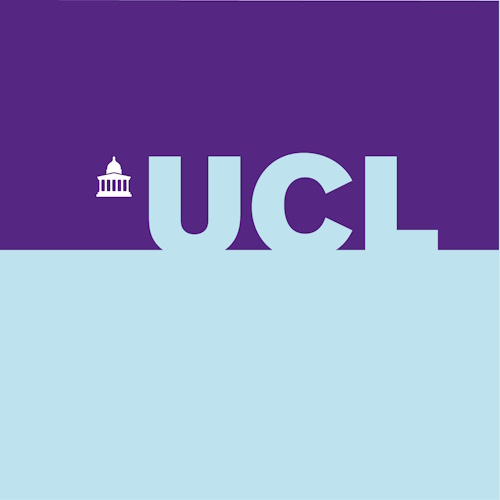Key points from article :
Recent research by David Gems, Simon Okholm, and Maël Lemoine delves into the growing trend of translational research aimed at developing anti-ageing treatments. This rise in interest is particularly driven by the private sector, which is increasingly optimistic about the possibility of delaying or reversing ageing. However, the research questions the basis for this optimism, especially given the existing confusion and unresolved questions in the basic science of ageing.
One of the key events discussed in the research is the Global Healthspan Summit held in November 2023 at the Four Seasons Hotel in Riyadh, Saudi Arabia. The event was hosted by the Hevolution Foundation, a new agency established by Crown Prince Muhammad bin Salman to fund ageing research. Hevolution is poised to provide $1 billion annually for research, with a focus on developing treatments for ageing.
At the summit, biotech companies and university scientists gathered to discuss the prospects of anti-ageing treatments. The most notable announcement was the $101 million XPRIZE Healthspan, funded by Hevolution and Peter Diamandis’ XPRIZE Foundation. This prize will be awarded to the first team that develops a treatment capable of rejuvenating muscle, cognition, and immunity by at least 10 years.
The research points out that this rush to find anti-ageing treatments is not isolated. Other major players include Calico, a company founded by Google’s Larry Page, which has invested $2.5 billion into ageing research, and Altos Labs, which raised $3 billion in 2022 with backing from investors like Amazon founder Jeff Bezos. However, despite the optimism and large financial investments, the authors question whether the science behind these efforts is solid enough to justify the high hopes.
Over the past few decades, scientists have made significant strides in understanding the biology of aging. Research in the 1990s identified several mechanisms that appeared to control the ageing process, leading to the hope that ageing could be slowed down, at least in animal models. Discoveries like caloric restriction extending lifespan in rodents, and certain gene mutations increasing lifespan in animals like fruit flies and mice, provided early optimism. However, when similar interventions were tested in humans, the results were far less promising.
For example, caloric restriction had only limited success in rhesus monkeys, and growth hormone defects that extended lifespan in mice did not have the same effect in humans. Similarly, oxidative damage, once thought to be a major cause of ageing, has been shown to play a less significant role than previously believed. The research argues that these findings challenge the view that ageing can be easily slowed or reversed in humans, casting doubt on the private sector’s rush to develop anti-aging treatments.
The authors suggest that this enthusiasm may stem from the rise of the "geroscience agenda" in the early 2010s, which emphasized translating existing knowledge about ageing into practical applications. This approach has been particularly embraced by funding agencies and the biotech industry. However, the authors caution that without a deeper understanding of the fundamental mechanisms of ageing, the push for translational research may be premature.
In conclusion, David Gems from University College London, Simon Okholm from the University of Copenhagen, and Maël Lemoine from the University of Bordeaux highlight the risks of jumping into translational research without fully understanding the complexities of ageing.
While initiatives like Hevolution and XPRIZE may accelerate research, they argue that a better theoretical framework is needed before meaningful treatments for ageing can be developed.
The research was published in EMBO Reports in 2024.











